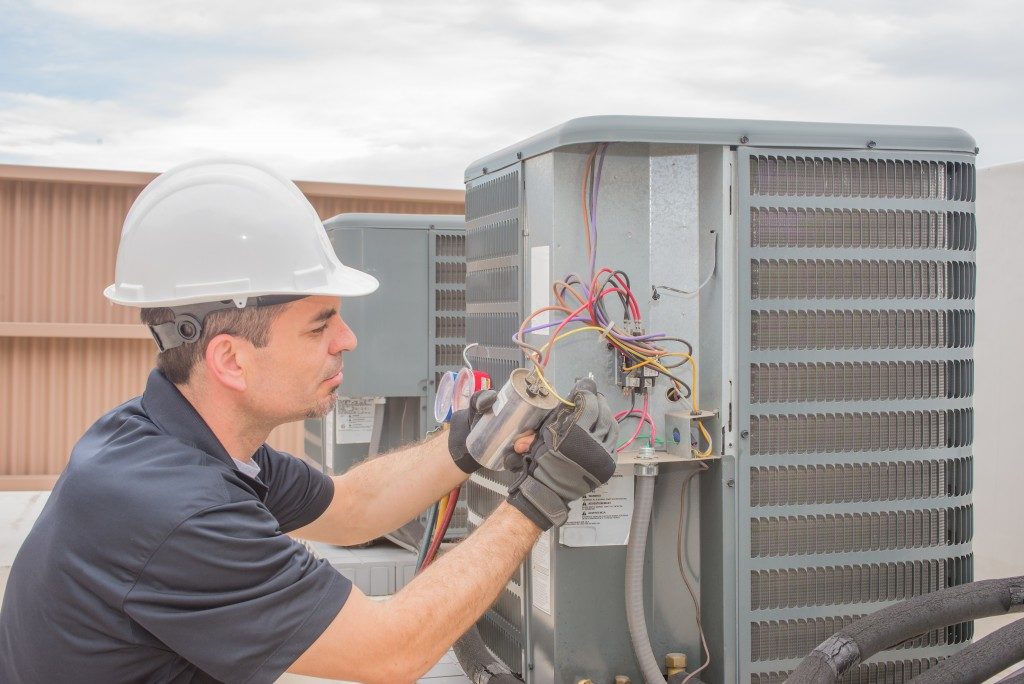There are several factors why you might need to look at your air conditioning system more thoroughly—peeking under the hood. This way, you can spot trouble spots before they worsen and ask for your trusted AC repair specialist. Largo, FL, thanks to its weather, has several; you need to find the right one nearest you or for your budget.
Understanding what issues commonly plague air conditioning units and learning more about how your appliance works can present several benefits. Mainly, having a basic idea of your unit can help you make well-informed decisions about your repair project—or if you need to replace it entirely. Here are some common problems an AC system will usually encounter in its lifetime.
Damaged Compressor Fan
The compressor, condenser coils, and fan are located on the outside unit of your air conditioner. Their job is to capture heat from the air and carry it out of your home, leaving your interior more comfortable because of the lower temperature. If the outdoor fan is not working correctly, these components cannot perform their function. The result is a toasty room during summer.
A broken compressor fan can also cause the system’s compressor to overheat. This overheating can damage the compressor, leading to additional repairs. Do not attempt to DIY an air conditioner repair, however. It’s good to diagnose it if you can, but for repairs, a professional technician should be able to fix it with the right training and tools. They can also advise you if a replacement is needed.
Frozen Condenser Coil

A frozen coil can indicate an issue with the airflow of your air conditioner, such as an obstructed return air ductwork or dirty air filters. Low refrigerant levels can also cause this problem. Your unit will not be able to function correctly if the condenser coils are frozen. Again, professionals can quickly figure out the cause of this problem, resolve it, safely thaw the condenser coils, and restore your air conditioner’s function.
Leaking Refrigerant
A refrigerant, these days a variant of a hydrofluorocarbon (HFC) such as R410A, is the chemical that cools the hot air within your air conditioner. A refrigerant, the lifeblood of any AC unit, does this through a scientific principle called the refrigeration cycle. An air conditioning system is charged with refrigerant upon installation because the system requires a proper amount of it to work. If an air conditioner needs to be recharged with it, this suggests a refrigerant leak. Apart from being harmful to the environment, especially if you’re using an older unit with previous-generation refrigerants (CFCs and HCFCs), it will also make your air conditioner work twice as hard to supply your room with cold air.
Drainage Issues
Your air conditioner produces condensation. Usually, this condensation flows away from the equipment and causes no problems. If outdoor humidity levels are high, it will drain into your unit and leak water everywhere. This can hinder your system’s performance, damage your air conditioner components, and increase indoor humidity levels.
Most of the time, you will have no expertise to look for these problems yourself. When your AC is acting funky or if it’s not cooling as well as it should, a call to the technician should be your priority.
